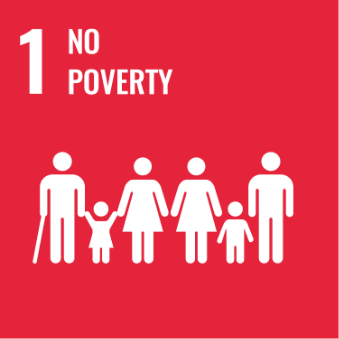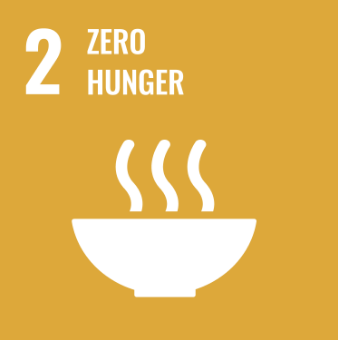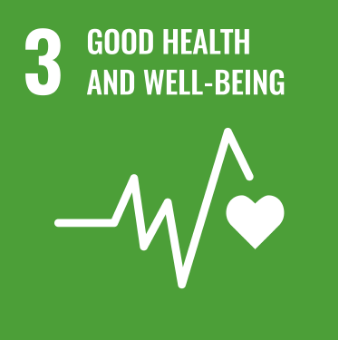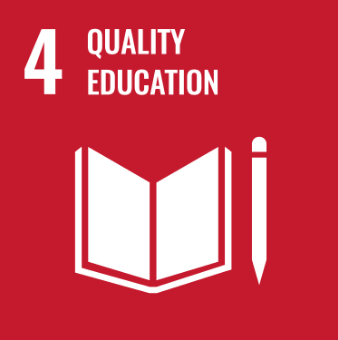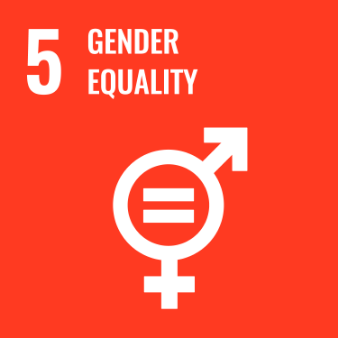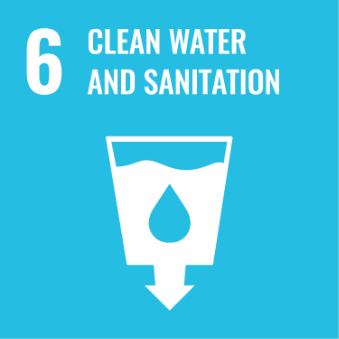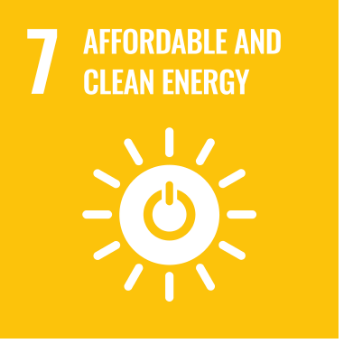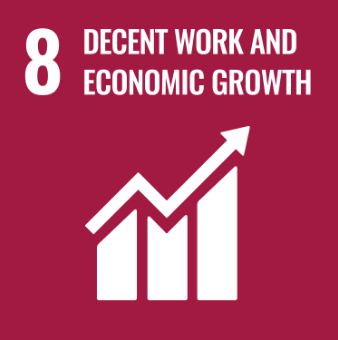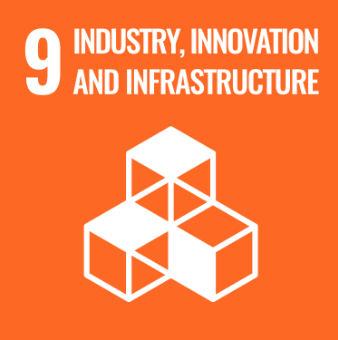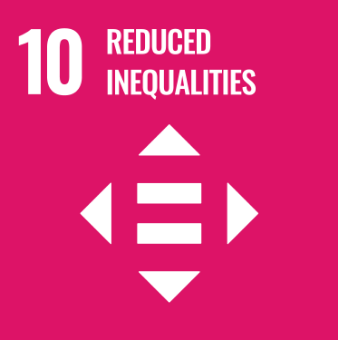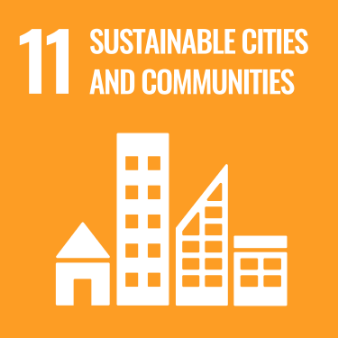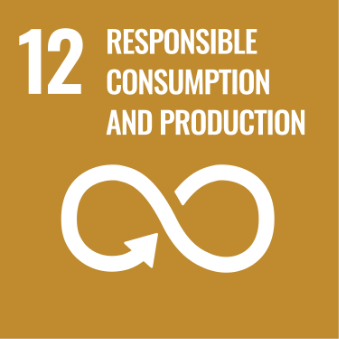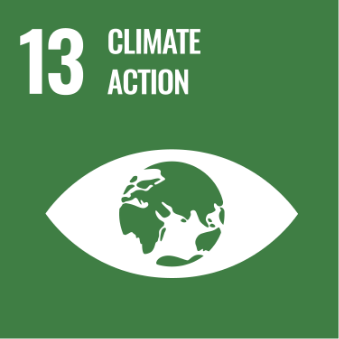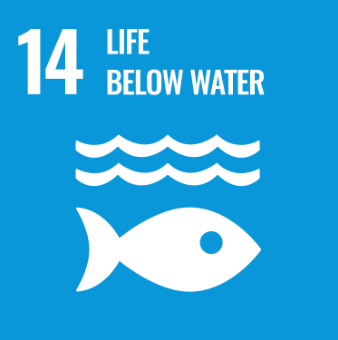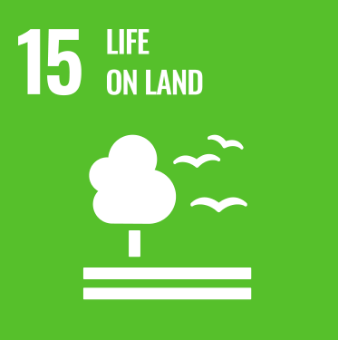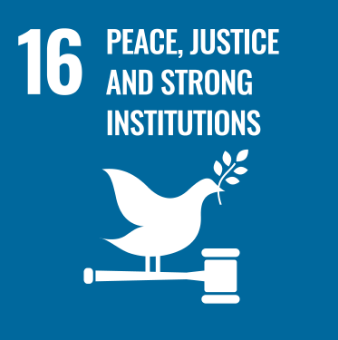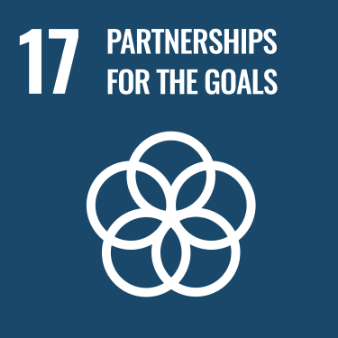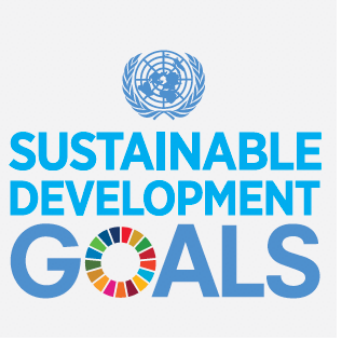A University-Wide Challenge to Contribute to the UN Sustainable Development Goals
In addition to the six foundational Priorities above, members of our York University community have expressed a strong desire to make a difference on compelling issues of our times. Community members have highlighted a range of complex societal issues to which York is ideally placed to contribute, given our commitment to social responsibility, our extensive network of partnerships, and our excellence in thinking across disciplines. It is striking that most of the issues that surfaced in these conversations are referenced in the United Nations Sustainable Development Goals (SDGs), a framework that calls on member countries to take urgent action in seventeen areas that are critical to ensure peace and prosperity for people and the planet. The impact of the COVID-19 pandemic has further underscored the urgency of this agenda.
York University is already recognized as an international leader in SDG-relevant research, teaching, partnerships, and campus practices. By challenging ourselves to deepen this work over the next five years, and to track and report on our contributions, we reaffirm our longstanding York values of social justice, equity, sustainability, and excellence in all that we do. This SDG Challenge will galvanize our community in coming together to engage critically with the SDGs and to take meaningful steps, both small and large, toward a more just and sustainable future.
Beginning in this 75th anniversary year of the United Nations, York’s SDG Challenge will be a pan-University exercise to support and recognize a wide range of grassroots activities that may touch on any of the Priorities in the Plan. These activities may be purely internal or they may engage others from our nearest neighbourhoods to the farthest corners of the world. They may involve fundamental inquiry and artistic creation, or seek immediate changes in skills, policies, aesthetic practices, or behaviours. They may emanate from any academic discipline or administrative unit, or spark new collaborations across different areas of the University. They might even involve some friendly competition for a good cause. By supporting students, faculty, contract instructors, staff, alumni, donors, and volunteers to come together for SDG-related learning and initiatives, we will create leadership opportunities for our people and forge stronger relationships along the way. By telling the story of our SDG-related work, we will build community pride and put a spotlight on the qualities that make York University a truly unique and special place.
Community members have highlighted a range of complex societal issues to which York is ideally placed to contribute, given our commitment to social responsibility, our extensive network of partnerships, and our excellence in thinking across disciplines.
What will the York SDG Challenge mean in practice? Fully answering this question will require the further engagement of the York community. The Challenge will be most successful if ideas for how best to “answer the call” are crowd-sourced from all those who want to get actively involved in the work. This suggests a bottom-up approach with an emphasis on personal initiative as well as collaboration, educating ourselves and others, and building all of our skills and capacities for acting meaningfully in relation to the Goals.
The University will provide a support infrastructure to facilitate groups coming together around SDG-related projects or activities, to enable their work with a variety of resources, and to document outcomes so that we can build engagement and convey to ourselves and others the positive impact that we are having. The allocation of resources among the different SDGs and among different activities will follow the evolving interests of the York community.
To take one obvious example, climate change is an area of strong interest and expertise at York, crossing many disciplines and functions, and engaging multiple SDGs including #7 (Affordable and Clean Energy), #11 (Sustainable Cities and Communities), #12 (Responsible Consumption and Production) and #13 (Climate Action), as well as others. By drawing on existing reports and information, we can generate a baseline understanding of how climate change is being addressed through our academic curricula, research and creative activities, student clubs and extra-curriculars, campus operations, local and international partnerships, innovation and entrepreneurship programs, alumni engagement, capital planning, and other activities. This would serve as a directory of ongoing intiatives that could benefit from more people getting involved, as well as revealing opportunities to join forces or to create new initiatives. From here, a Convening Group could be established, including both academic and professional staff leaders, with support to organize launch events open to all interested members of the York community. Launch events could be imagined in a host of different ways to generate ideas, share knowledge, and define projects of interest. Those who already have an idea could be invited to submit proposals through an open call. As each year draws to a close, a culminating event could showcase accomplishments, reset agendas, and invite new participants to join in next steps.
By furthering SDG-related work that intersects with the Priorities, our UAP highlights the distinctive ethos of York as a University committed to shaping a better future for all.

